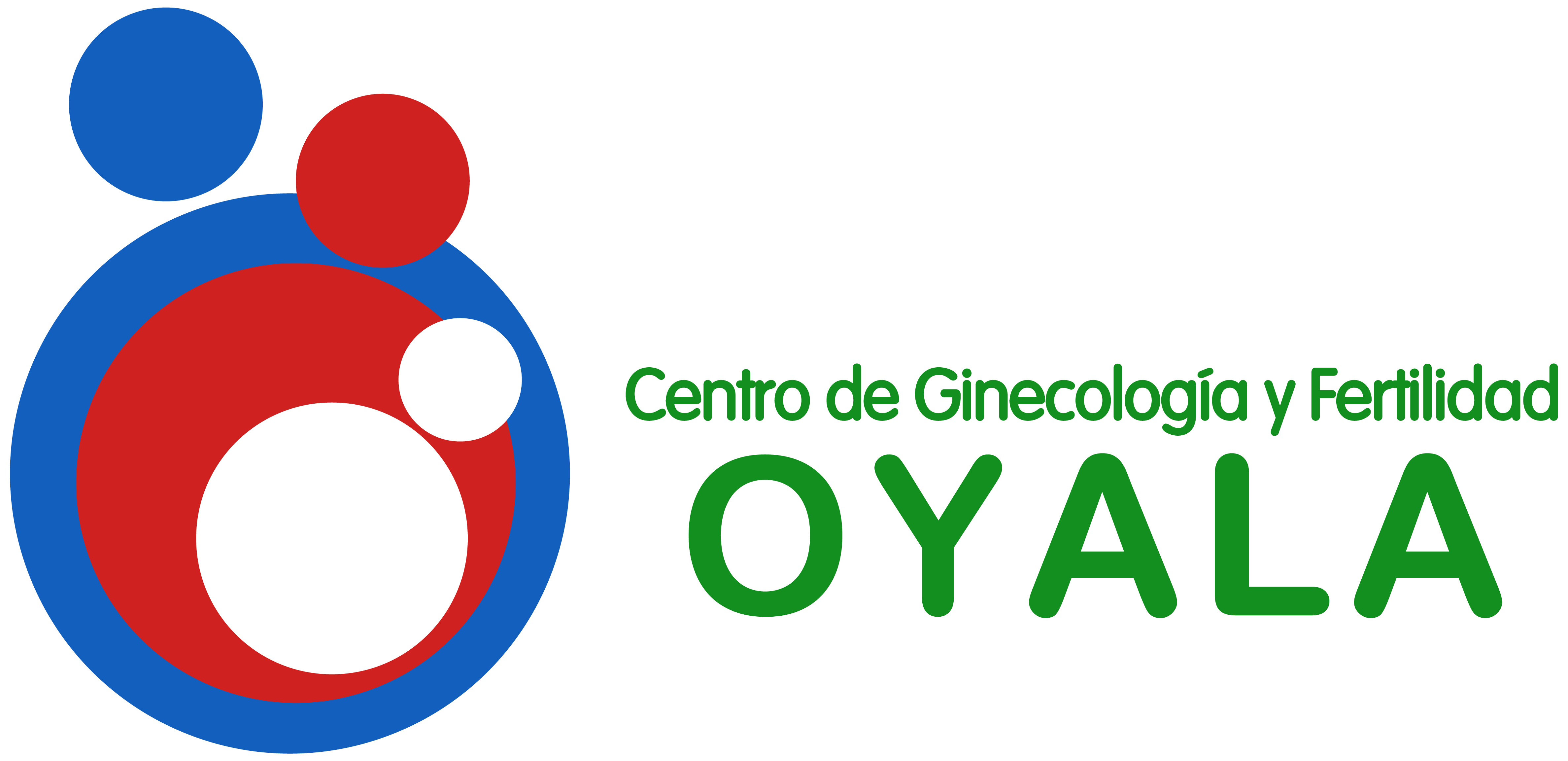In today’s society, fertility is declining worryingly. The increase in the age at which children are had is one of the factors, life habits and toxic exposure seem to be factors to take into account, but sometimes it is unknown that nutrition has a very important role for cells and reproductive functions, both female and male.
Actions to improve fertility:
- Maintain a correct weight: being overweight has a negative effect on both female fertility and pregnancy and on semen quality. The main reason is that body fat produces some hormones (adipokines) that have a direct negative effect on ovarian function and enhance cellular inflammation. Although less frequent, excessively thin women may also have problems because a minimum weight or percentage of fat is needed both to induce and maintain sexual function.
- Follow a balanced and anti-inflammatory diet: cellular inflammation or silent inflammation is a chronic process in which it is occurring continuously in the body. It can affect all cells and organs and has been shown to be harmful both to ovarian function (especially in older women), and to sperm.
- Control fats: a high consumption of harmful fats (certain saturated fats and trans fats) and an imbalance in the consumption of omega 6 and omega 3 fatty acids, produce this type of inflammation, which has been shown to be harmful both to ovarian function (especially in older women), as for sperm.
- Avoid excess refined carbohydrates and sugars: high insulin spikes, which occur in response to a high intake of refined sugars and carbohydrates, also favor cellular inflammation. The oocyte and the embryo are damaged by an environment too rich in glucose.
- Take a sufficient amount of proteins of high biological value: Reproductive cells need proteins with all essential amino acids. The latest works show that, together with the above factors, a diet with a sufficient amount of high quality proteins, depending on the personal needs of each woman, significantly improves the results of embryonic implantation and development after fertilization in vitro.
- Have an adequate intake of vitamins and minerals: Some specific micronutrients, such as folic acid, certain B vitamins, vitamin D, zinc or selenium, are especially important for female and male reproductive function.
- Caffeine Caution: Excess caffeine has been seen to impair oocyte quality.
- Beware of environmental and food toxic: Other substances in food or environmental contaminants can also affect reproductive function. Sperm are especially sensitive to the damage caused by these toxins. Among them, the most important are PCBs (polychlorinated biphenyls), BPA (bisphenol A) and some pesticides.
Oxidative stress is a process that occurs naturally when breathing and forms harmful molecules called free radicals, which activate inflammation and affect many health-related factors, including reproductive cells. Although it is a normal process, there are factors such as toxic, pollution, tobacco, alcohol, infections, sports, physical or psychological stress, solar radiation, age, poor diet … that increase very significantly oxidative stress In these cases, the body cannot alone generate antioxidants that control this process and the contribution of a large number of varied antioxidants in the diet is essential. In women it has been shown that they improve the quality of the oocytes, and facilitate the implantation of the embryo and its development. In men, it has been observed that about 60% have low seminal quality due mainly to high levels of oxidative stress, and that seminal quality improves significantly with an adequate supply of antioxidants in the diet.
The antioxidants in the diet can be vitamins, minerals or other nutrients such as polyphenols (substances that give colors to vegetables).
Making changes in life habits and a balanced and specific nutrition for the needs of the reproductive cells for a few months is very important to improve the couple’s fertility and increase the chances of conceiving.

